The animosity and suspicion manifesting in different communities could be a result of childhood trauma suffered decades ago due to resource, cultural or political conflicts.
According to the Executive Director of the Center for Transformational Leadership (CTL), Bancy Kabutha, people who are aged between 30 and 45 years old were children during the tribal clashes experienced in 1992/1997 and the 2007/2008 post-election violence.
She said some of these people are now parents with childhood traumas, fears and suspicions and they are passing these negative emotions to the next generation.
Speaking during a peace dialogue meeting in the Ndeffo area of Njoro Sub-County, Kubutha highlighted the need for parents to break the chain of negative ethnicity and use their parental power to promote unity.
The peace dialogues brought together members of three communities that have been clashing for resource and political reasons.
She noted that children are often forgotten as their parents undergo counselling.
“How old were the children who saw their parents being killed and houses being torched? How many of them spent cold nights in camps without basic needs," she posed.
She observed that most of the children who witnessed these ordeals did not get treatment to enable them to deal with the experiences.
A few weeks before the Ndeffo peace dialogue, a woman had narrated her son’s struggle during a similar meeting in the nearby Kihingo Center.
She said 16 years later, her son cannot stand the sight of people from some communities after he watched his father being hacked to death during the 2007 Post-Election Violence.
"It’s unfortunate that the country has a generation of grown-ups who are mentally affected by the political and inter-ethnic conflicts they experienced decades ago," said Kabutha.
She underscored the need to urgently deal with this challenge in order to break the cycle of hatred and suspicion that may lead to violence.
“We are passing bottled-up emotions down to our children and something needs to be done about this generation whose pain was not attended to in good time to stop generational hatred and suspicion," she added.
Kabutha said Genuine conversations, such as the peace dialogues CTL is having in Molo, Njoro, Rongai, Kuresoi North and Kuresoi South constituencies of Nakuru County were the first step to healing those wounds.
She observed that the problem is compounded by the use of ethnic labels and derogatory terms.
Peter Kimani, a representative of the Catholic Peace and Justice Commission (CJPC) discouraged residents from identifying their neighbours by their ethnicity and instead embrace each other as human beings.
"There is nothing wrong with ethnic communities but our forefathers programmed people to see their neighbours as their opponents. Kenyans should instead embrace their rich diversity and live in harmony,” he said.
Kimani challenged Ndeffo residents to harness the benefits of ethnic diversity to grow the area.
The peace dialogues were supported by the United States International Agency for Development (USAID), through ACT! and Uraia Trust.
They were implemented by CTL under the Kenya Electoral Conflicts Mitigation and Civic/Voter Education Support Programme (ECCES) in Njoro, Molo, and Naivasha sub-counties.





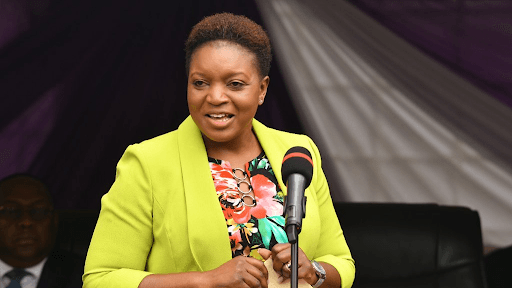
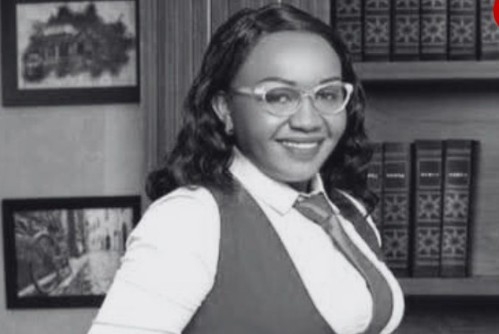
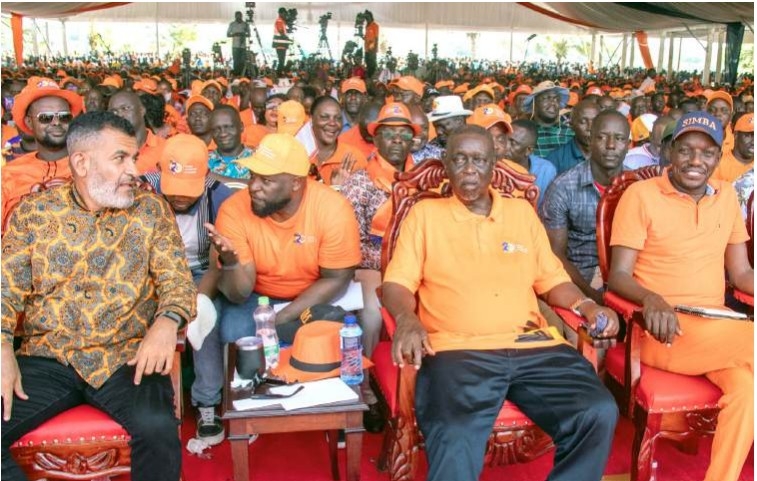
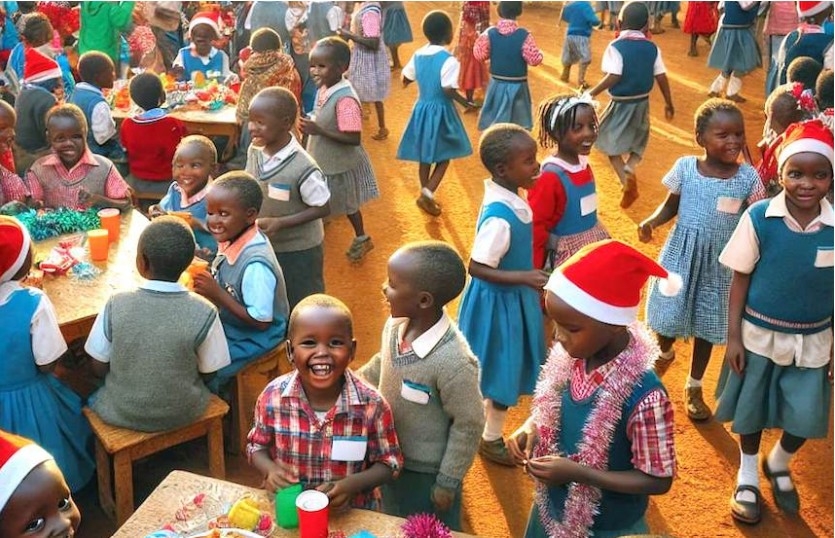



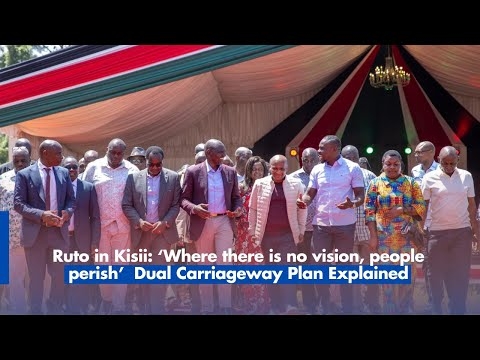
![[PHOTOS] Three dead, 15 injured in Mombasa Rd crash](/_next/image?url=https%3A%2F%2Fcdn.radioafrica.digital%2Fimage%2F2025%2F11%2Fa5ff4cf9-c4a2-4fd2-b64c-6cabbbf63010.jpeg&w=3840&q=100)

